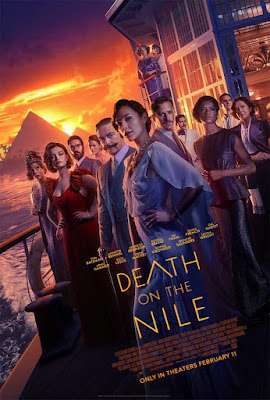She picked out the right show for me. I've always loved the music of the 1920s, 30s, and 40s -- listening to recordings, playing piano, singing -- and I've been teaching middle schoolers long enough to have picked up on pop and alternative music from Madonna to Adele. To have rock, disco, and rap performed by a jazz combo fronted by virtuoso vocalists was so much fun!
For me, the greatest pleasure was that this treatment reveals how songwriting craft transcends decades and genres. Melody, rhyme, structure: these elements align across the board, though the arrangements and riffs for this show all came from an earlier time. That brought out the polish and artistry in songs by artists who often have downplayed those elements in order to be "authentic."
I especially enjoyed hearing "Material Girl" as a Flapper song, "I Will Survive" as a big swing number, and "All About that Bass" as a hot trio for big-voiced women. "Old Town Road" began with a country swing, but the singing was blues -- Suzanne thought of Ma Rainey's Black Bottom.
The set-up itself was from the Vaudeville era. Along with a variety of singers, we had a comic emcee, a novelty performer who played instruments while she sang (I recall trombone, flute, recorder, bagpipes, and, for a finale, three trumpets simultaneously), and a tap dancer.
The self-aware pastiche of styles put a postmodern distance between the performers and their material, making it virtuosic but also funny. A singer on the verge of singing the last note of a passionate song paused to pump herself up for the high note - for a laugh. But there were a few numbers where the mood changed, the volume came down, and the performers sang with an earnestness.
[PHOTO: The cast posed with the audience for a selfie at the very end; Suzanne and I popped in a selfie of our own.]











